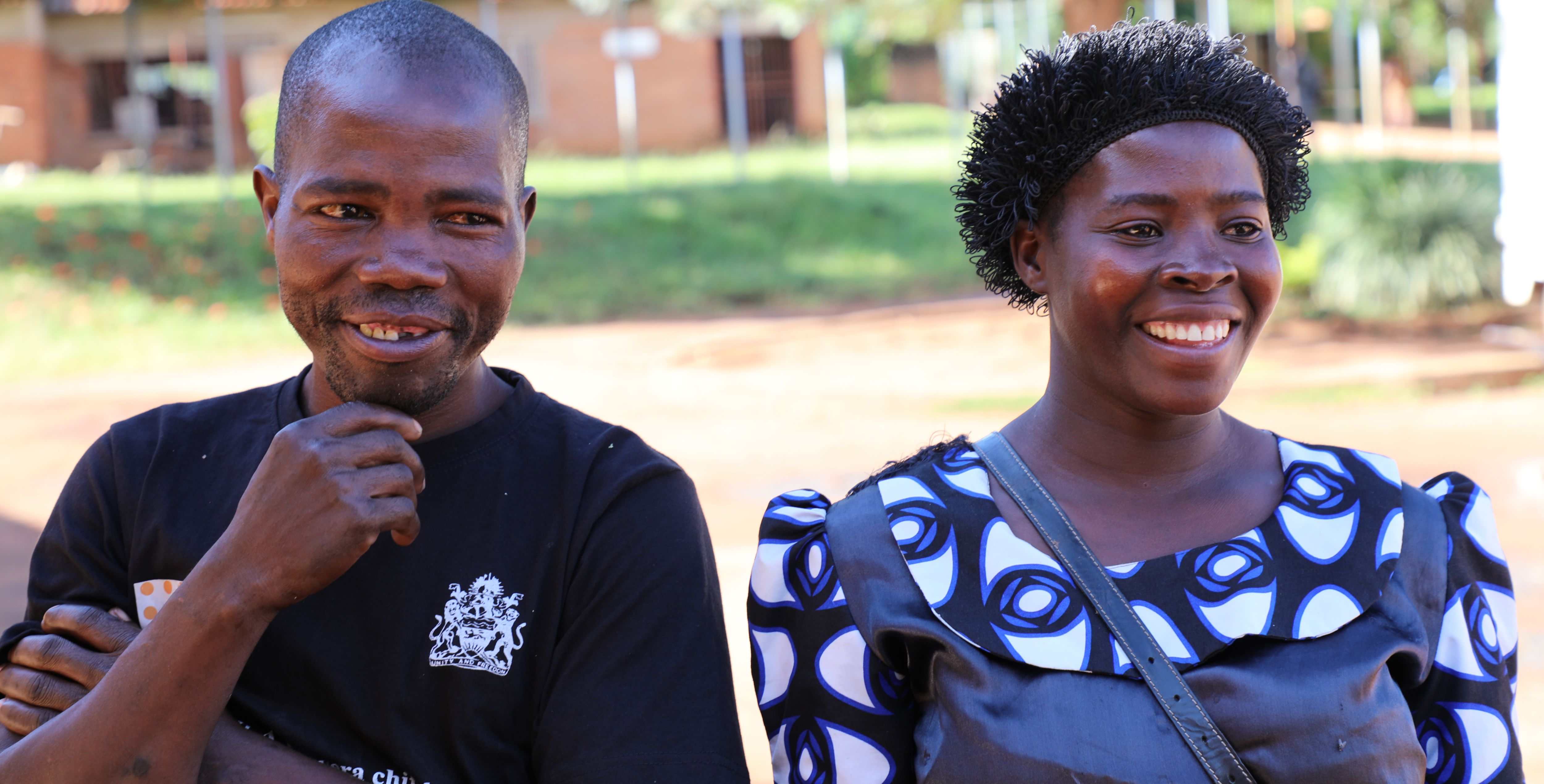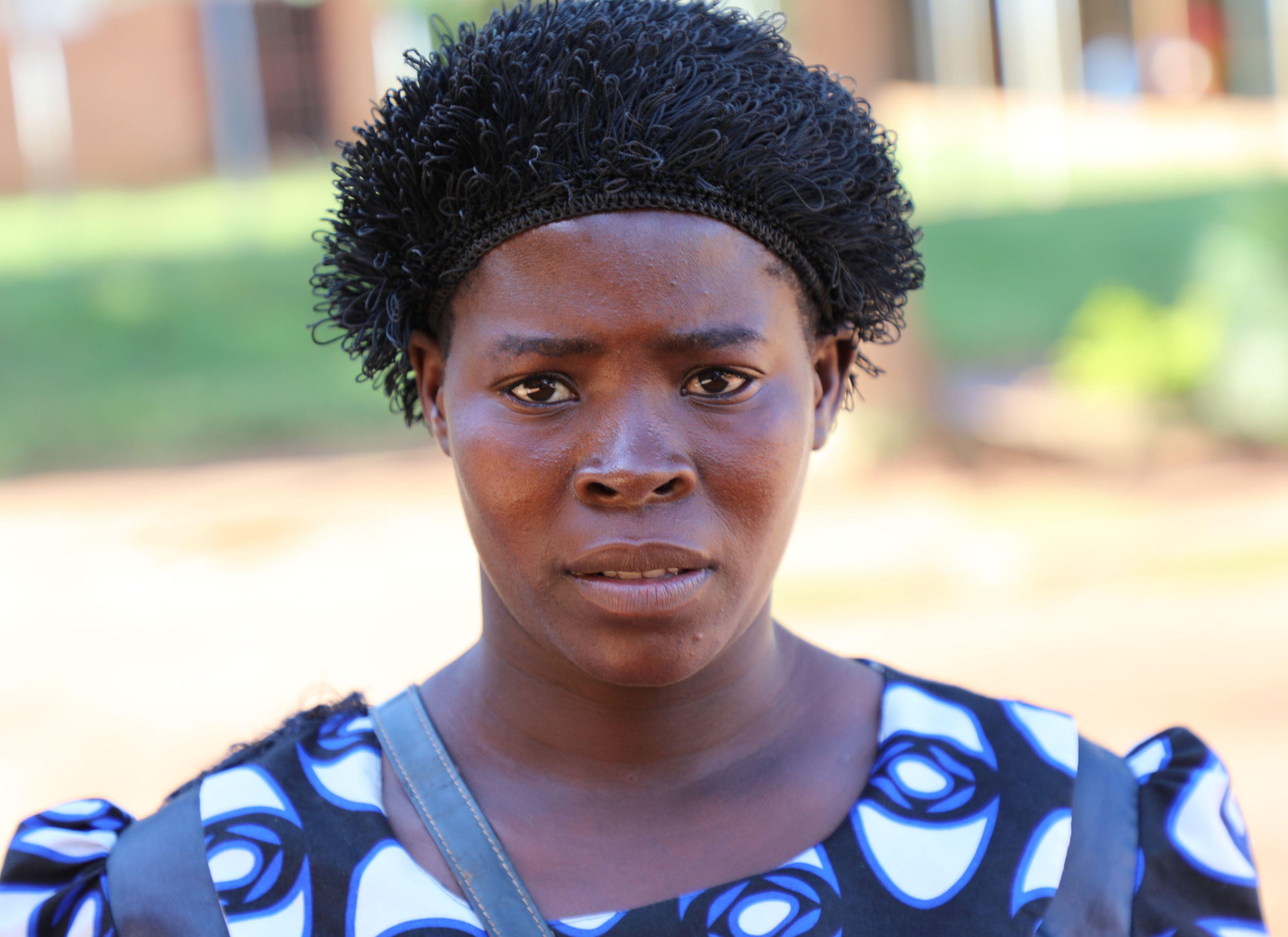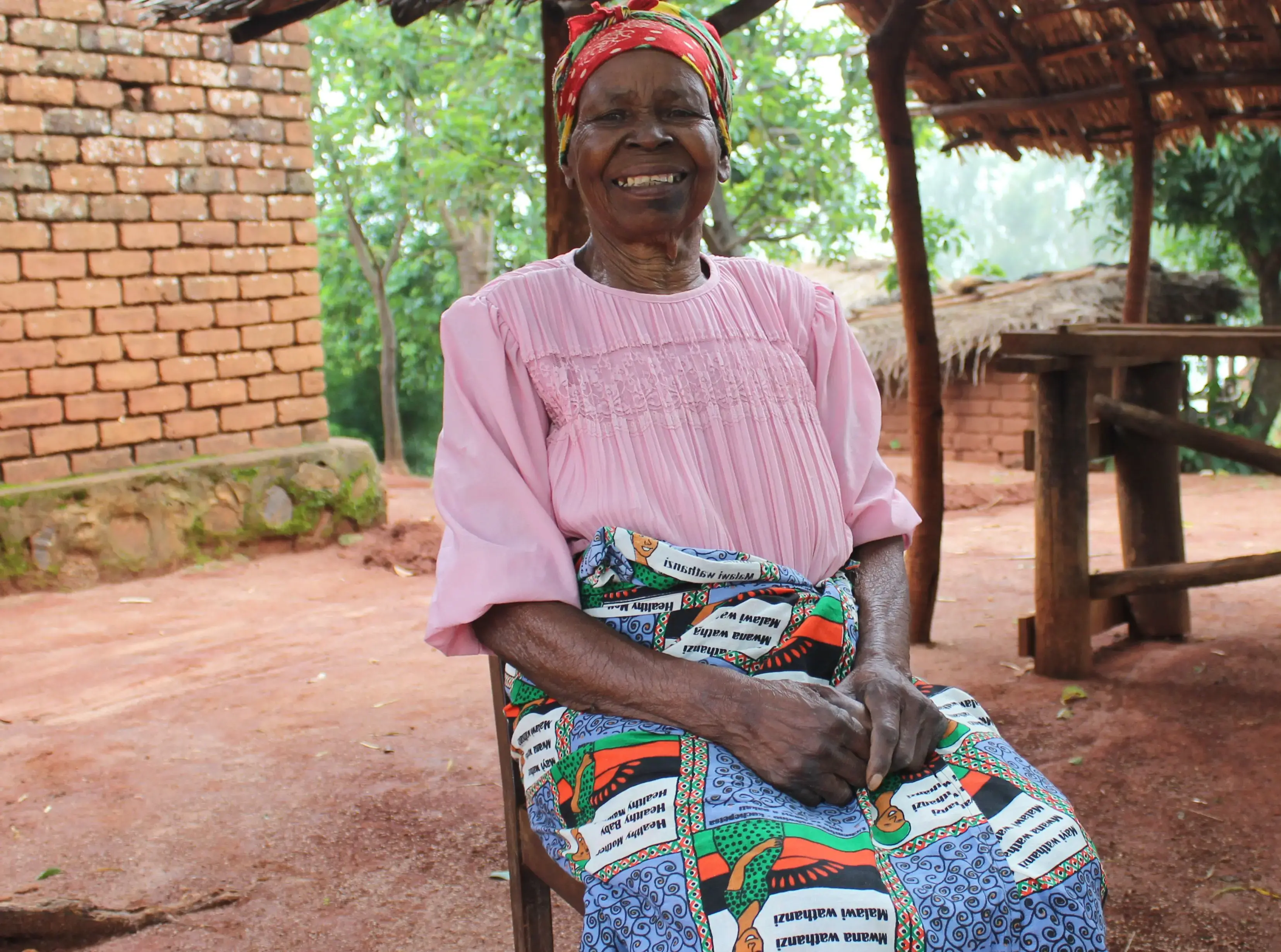Mulanje, Malawi- One morning in 2014, Margret Rambiki’s mother started her routine day by drawing water from the nearby borehole for use in the morning’s household chores.
Later, she would go to the garden to farm. It is a common practice for women from Salamba village in Traditional Authority Mabuka in Mulanje to greet each other as they wait for their turn to draw water.
Chatter takes long for those that are friends. That is how the day is started awaiting fulfilling the day’s plans.
Likewise, this day, Margret’s mother engaged her friend in a conversation on how her family is as well as the kids. Chatting continued, waiting for their turn to draw water. Whilst talking, her friend mentioned something that struck her attention. It was about an incident where a certain woman who had been leaking urine was repaired at Chinyama health centre in Mulanje district. This aroused further interest remembering that her daughter Margret was suffering from a similar condition. With so much interest she got all the details on how she can access the service.
This was how the dark road that Margret was travelling since 2002 because of an injury known as obstetric fistula, got lit and she will never be the same woman again; the one who smells urine everytime.
Understanding obstetric Fistula
An obstetric fistula is a childbearing injury caused by obstructed labour. With prolonged labour and sustained pressure of the baby’s head on the mother’s pelvic bone, most of the soft tissues are damaged creating a hole – or fistula – between the vagina and the bladder and/or rectum. The result is the leaking of urine and/or feces into the vagina. Women with this condition smell either urine or feces and usually suffer stigma and isolation.
Whilst at the age of 14, Margret got pregnant from the current husband Robert Rambiki. Due to delayed access to health care services, not only did she lose the child, she also developed an obstetric fistula. She remembers that her father argued with the health care provider on this day for the delayed care.
For 13 years, she endured stigma, ridicule and isolation from her friends. Nonetheless, her husband, Robert stayed with her throughout.
In this condition, she gave birth to two children, a 13-year-old girl and a 9-year-old boy. They are both in school. The girl is in standard four while the boy is in standard two. “I have never enjoyed being a woman from the time I had this condition, it was tough to live” said the 30-year-old Margret.
Winding search for fistula treatment
For 13 years, Margret and her husband tried many things to cure the condition. They have been to traditional healers and nothing helped them either.
“Traditional herbalists have tried everything and we have been told to do lots of things but the condition was never healed-when you are in that situation, you try almost everything”
“Traditional herbalists have tried everything and we have been told to do lots of things but the condition was never healed-when you are in that situation, you try almost everything” she explains.
When her mum told her of the idea to visit Chinyama health centre, she therefore, like in the past did not hesitate to go. In early 2015, she arrived at Chinyama health centre, she was examined and informed that there might be specialized treatment arrangement at Mulanje district hospital where many women like her would be attended to.

In November 2015, the first ever Obstetric Fistula repair camp was conducted at Mulanje District hospital where Margret was repaired and is now healed.
She said “I am now dry; I have no problem; This is how a woman should be like” she recalls- “that morning where my mum went to draw water saved my life”.
Margret as an advocate
After the repair, Margret has been mobilizing other women in her community who have the same condition to get treatment. She has so far managed to have two of her friends get repaired at the same facility.
During the 2018 Obstetric fistula repair camp at Mulanje Hospital supported by the United Nations Population Fund, UNFPA, she brought her 33-year-old friend, Agnes Belubelu to access treatment.
“There is still one woman in my village whom I want to bring and access the service, I will make sure she comes in the next camp session”
“There is still one woman in my village whom I want to bring and access the service, I will make sure she comes in the next camp session” she says.

Agnes has suffered from this condition since 2008 and she is looking forward to being repaired and go home ‘dry’.
“At present, I am not thinking of having another child, I am afraid the condition may recur and that is why I am using family planning to ensure I will not get pregnant” says Margret.
Obstetric Fistula repair camps in Malawi
In 2015, UNFPA supported the first ever fistula camp in Mulanje where over 25 women were repaired. Among those repaired was a woman who had lived with fistula for 66 years.
In 2018, UNFPA yet organized another obstetric fistula repair camp at Mulanje hospital. During this camp, 66 women were mobilized where 28 were treated and others were referred for specialized treatment as well as scheduled for the next repaired session.
“This treatment outreach approach has significantly brought services closer to the underprivileged women who suffer in silence whilst seeking treatment; we have changed lives of many women since we came to Mulanje”
“This treatment outreach approach has significantly brought services closer to the underprivileged women who suffer in silence whilst seeking treatment; we have changed lives of many women since we came to Mulanje” said Grace Hiwa, UNFPA Programme Officer for Fistula in Malawi.
Women from the surrounding districts such as Thyolo, Phalombe, Blantyre, Chiradzulu and as far as Neno and from Mozambique come to access the services.
Since 2011, UNFPA in collaboration with the Freedom From Fistula Foundation and AMREF Health Africa have been supporting the Government of Malawi to provide fistula treatment in different districts.
It is estimated that one percent of women aged 15 to 49 in Malawi have reported to have experienced an obstetric Fistula.
-Henry Chimbali-





